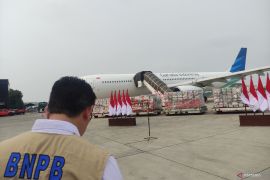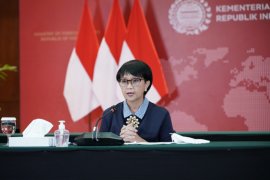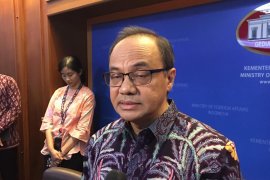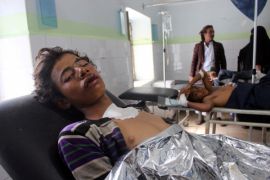Testifying before the Senate, US officials acknowledged question marks over the political transition in Yemen. Veteran President Ali Abdullah Saleh was wounded in a bomb attack on June 3 and hospitalized in Saudi Arabia.
"We believe that political dialogue is essential to unravel this set of knots that the Yemeni political process finds itself in," said Janet Sanderson, the deputy assistant secretary of state for Near Eastern affairs.
"And we believe that Saleh`s role in that is going to be critical," she told the Senate Foreign Relations Committee.
John Brennan, US President Barack Obama`s top counter-terrorism adviser, last week went to Saudi Arabia to visit Saleh whose face still showed burns. A Yemeni official later said that Saleh would return home "soon."
Yemen`s opposition at the same time announced a 17-member "presidential council" including a former premier to steer the country.
Sanderson said she understood that some nominees were "caught unawares" that they would serve on the council.
"It seems to us that at this point this council does not have a lot of traction, but the political environment in Sanaa remains quite fluid," she said.
Saleh has ruled Yemen since 1978 and worked closely with the United States on fighting Al-Qaeda, but cooperation has been sharply curtailed this year due to the turmoil. Al-Qaeda militants seized the southern city of Zinjibar in late May.
Daniel Benjamin, the State Department`s counter-terrorism coordinator, voiced confidence that cooperation would resume once the political chaos is resolved.
"It is important to underscore that our counter-terrorism partnership goes beyond one individual, and based on our conversations with a broad cross-section of Yemenis we are confident that it will continue once a political resolution is achieved," Benjamin told the Senate committee. (*)
Editor: Kunto Wibisono
Copyright © ANTARA 2011











